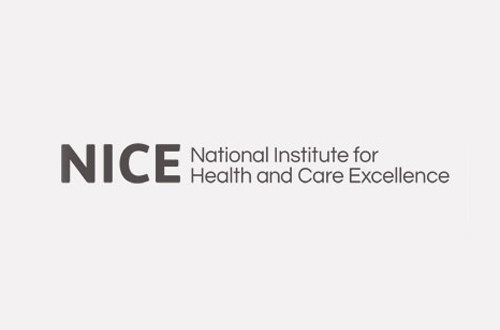
Pfizer has persuaded the National Institute for Health and Care Excellence (NICE) to take another look at leukaemia drug Besponsa, which was rejected by the agency in 2017.
Last August, NICE turned down Besponsa (inotuzumab ozogamicin) for routine use on the National Health Service for adults with relapsed or refractory CD22-positive B-cell precursor acute lymphoblastic leukaemia (ALL) on cost-effectiveness grounds. The disease affects around 760 patients in the UK, and is a particularly aggressive type of leukaemia with high unmet need and a poor prognosis.
At the time, it said that the INO-VATE trial comparing Besponsa to the current usual treatment of fludarabine, cytarabine and granulocyte (FLAG) chemotherapy with idarubicin, but found that the drug “did not show an overall survival benefit”. Pfizer argued that Besponsa treatment more than doubled complete remission rates and made it more likely that patients could go on to receive a stem cell transplant.
It also said a post hoc survival study found that patients treated with the drug survived 13.9 months compared to 9.9 months for those on standard therapy.
Pfizer appealed the rejection, and after hearing back from NICE on December 28 it has now confirmed that Besponsa will be referred back to NICE’s appraisals committee for a re-assessment.
It reacted furiously at the time of the rejection, describing the decision as “another example of how NICE is not appropriately assessing the value of modern cancer medicines, leaving patients without access to new treatments that could transform their lives”.
It’s statement this week was more measured as might be expected, with the company’s head of oncology in the UK, Chris Eagle, saying the re-assessment is “good news for some of the most vulnerable leukaemia patients in the UK”.
“Pfizer is committed to ongoing collaboration with NICE to ensure that eligible patients are granted access to inotuzumab ozogamicin,” he added.
That sentiment was echoed by the Leukaemia Care charity, which supported Pfizer’s appeal in this case, along with the Royal College of Pathologists, Royal College of Physicians and the Association of Cancer Physicians, and took issue with the criteria used by NICE to assess the drug.
NICE’s model for cost-effectiveness was based upon a maximum of six cycles of treatment as per the marketing authorisation for the drug, a regimen which would be used for palliative care, it says.
“UK practice, however, would largely consist of using [Besponsa] as a step to enable patients to have a stem cell transplant,” the charity points out.
“When used as a step towards STC normally only two cycles … are necessary, plus an additional cycle in some patients and others are able to have a SCT after just one cycle. This means that in the UK the maximum number of cycles used to treat patients would be three instead of six, significantly reducing the cost of treatment that was used in the appraisal model.”




